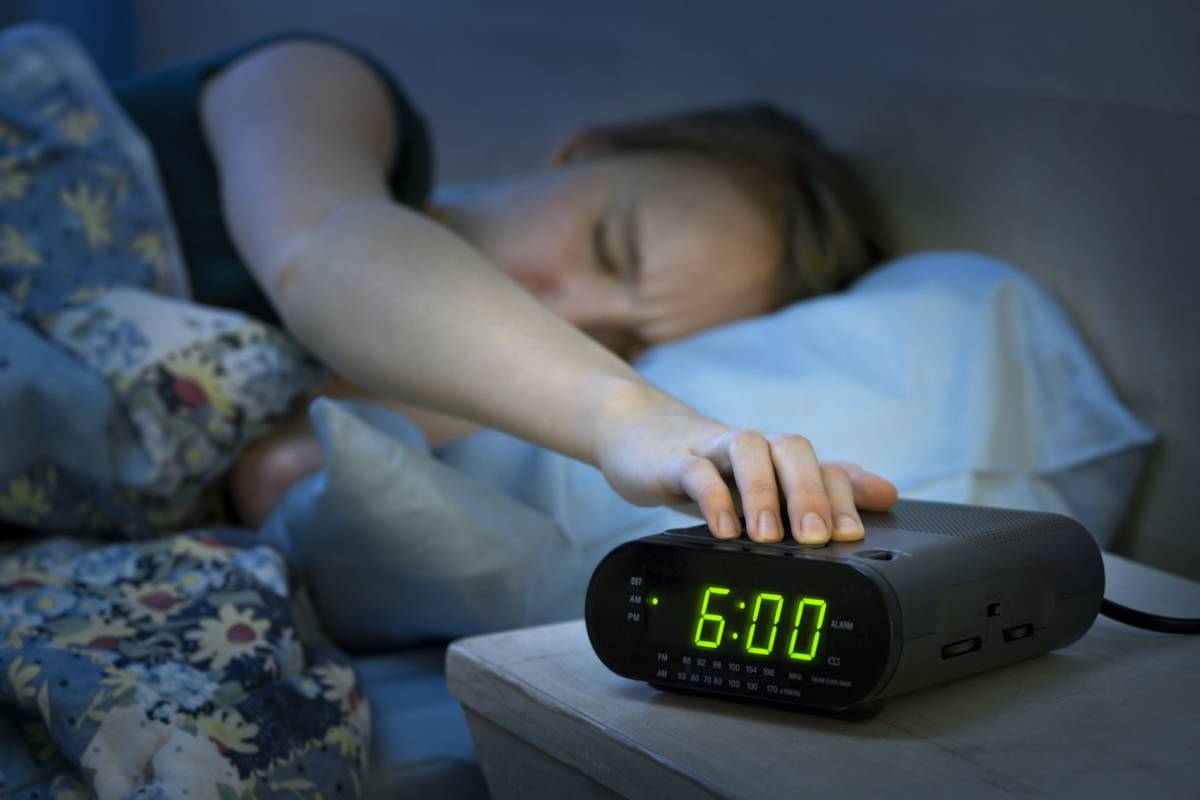Whether your New Year's resolution is to lose weight, run a marathon or simply be a bit more active, personal trainer Nicola Addison has some top fitness habits to give you a New Year health kick, with some helpful advice from psychotherapist Sally Brown.
Start small
Broad resolutions, such as 'lose weight', 'eat more healthily' or 'get fitter' are difficult to stick to, says psychotherapist Sally Brown.
"A better strategy is to make small changes that you can stick to daily. It's important to be specific. Rather than resolving to be 'slimmer by summer', decide specifically what you're going to change. Is it when you eat, your snacking habits, how you plan and shop for food, or how much you move? Then think of an easy, small change you could realistically stick to, such as 'never eating after 8pm' or 'not eating biscuits at work'."
What's more, adds Sally, "The human brain hates to feel deprived, so reframe your change as a positive choice: 'I get more pleasure if I save my sweet tooth for a treat I really enjoy', or 'I sleep better when I've digested my food', for example. You won't see results straight away, so it's important to also focus on other wellbeing benefits. Then, when that small change becomes a habit, add a new change."
Rise to the occasion
Although studies are starting to favour morning workouts for weight loss, stamina and productivity, and many people like to complete a workout in the morning to 'get it done' before the rest of the day takes over, this may not be the best route to success, says Nicola.
"If you are more of a night owl than an early bird, setting yourself a target of getting up before work could be setting yourself up to fail. The optimal time to exercise simply needs to be the time of the day you're most likely get it done," she says.

If you're not an early bird, don't try to force yourself to get up to exercise. Find a time of day that suits you, and you're more likely to stick to your fitness plan.
Have a backup plan
We all have days when we just don't have the time to go for a run, or we seriously can't be bothered to hit the gym. And that's OK, says Nicola. "If you don't have time to do a 'proper workout', try staying active by doing some extra walking where possible."
Treat yourself
"It's important to view calories coming in to your body (food/drink consumed) versus calories burnt (activity levels) as an energy seesaw. If you consume more than you burn, you'll likely put on weight; if you consume less than you burn you'll lose it. But the odd treat with a steady seesaw is absolutely fine," advises Nicola.
Buddy up
Not only is taking part in social activity good for general health and wellbeing, but it can also provide some healthy motivation. Where possible within COVID restrictions, exercising with others can help you achieve your goals.
"Training regularly is the hardest part of getting or keeping fit, but working out with a buddy or going to a class is a great way of keeping to a regular plan," explains Nicola.
Make it musical
Ongoing research is unanimous when it comes to the effects listening to music has on physical activity. Not only does it help to distract athletes from discomfort during a tougher class, but it's also thought to increase performance by up to 15 per cent.
Don't be too hard on yourself
Contrary to popular belief, it's ourselves, and not our bodies, who are holding us back the most. "It's very easy to set unrealistic goals when it comes to exercise – and often we're just setting ourselves up to fail! Just doing something regularly – and well – will provide the best results", says Nicola.
Take a break
Making sure you give your body time to rest is just as important as keeping fit, warns Nicola.
"After a full-body workout, I'll rest the next day to give my body a chance to repair itself. But I remain active. This process is known as 'active rest' and looks like a brisk walk, maybe a Pilates class or some stretching done at home."
Make it fun
Choosing activities you enjoy is key to a successful workout routine. Make the health benefits a secondary factor in the decision to continue with a class or exercise, otherwise you'll resent every part of the process.







